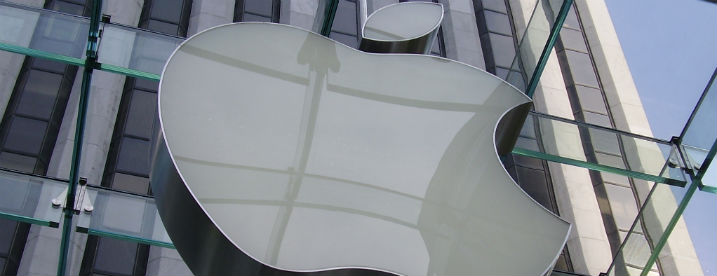
Transfer Pricing Lands Apple, Starbucks, and Fiat in Hot Water
By Grace Zhao, June 18, 2014

Apple, Starbucks, and Fiat should prepare to pay their fair share of corporate taxes.
Last year, a U.S. Senate investigation accused Ireland of giving Apple special tax treatment. EU Antitrust Commissioner Joaquin Almunia has now gone further, initiating a probe of these large firms to determine whether the companies’ tax deals with Ireland, the Netherlands, and Luxembourg involve illegal state aid.
The investigations specifically examine the companies’ method of “transfer pricing”. Transfer pricing is simply the accounting practice by which one part of a multinational company charges another part for goods and services to distribute profits between jurisdictions. For large corporations such as Apple, Starbucks, and Fiat, the problem lies in the use of loopholes and creative interpretations of transfer pricing rules to artificially shift profits to countries where there are lower taxes or better tax breaks.
These aggressive transfer pricing strategies are in legally gray areas, especially if the countries in question deliberately permit the firms to pay even fewer taxes than they already owe. Now Apple, Starbucks, and Fiat are accused of paying lower tax rates than the standard in Ireland, the Netherlands, and Luxembourg respectively.
Special tax breaks would give these firms unfair advantages over competitors. If that is the case, then Apple, Starbucks, and Fiat are violating an EU antitrust law and would be subject to a penalty.
According to the congressional report, Apple’s head of tax operations, Phillip Bullock, told the subcommittee that the company received a reduced tax rate through agreements with the Irish government. Ireland’s corporate tax rate is already significantly lower than that of the U.S. at 12.5%. Yet in the last 10 years, Apple has paid only two percent or lower in taxes on its $74 billion in offshore revenue.
Apple , Starbucks, and Fiat continue to claim that they are paying all their legally obligated taxes abroad. Meanwhile, Ireland also denies any involvement in illegal affairs. It will ultimately be up to EU investigators to determine whether this is true. But the amount of money that these major companies have stashed offshore suggest that clearly something fishy is going on.
This EU investigation is groundbreaking because it rejects the precedent that large companies with power and influence can get away with anything. Apple, Starbucks, and Fiat should expect even more scrutiny in the public eye. In fact, perhaps these companies will even be expected to actually pay the taxes they should owe.
This EU probe will definitely be a trending topic to follow. Whatever the outcome of the investigation, whether found guilty of illegal tax agreements or not, Apple, Starbucks and Fiat should gear up to truly pay their taxes for their offshore revenues. The EU investigation is definitely a step in the right direction.
Image: Flickr / Some Rights Reserved by MaxVT
